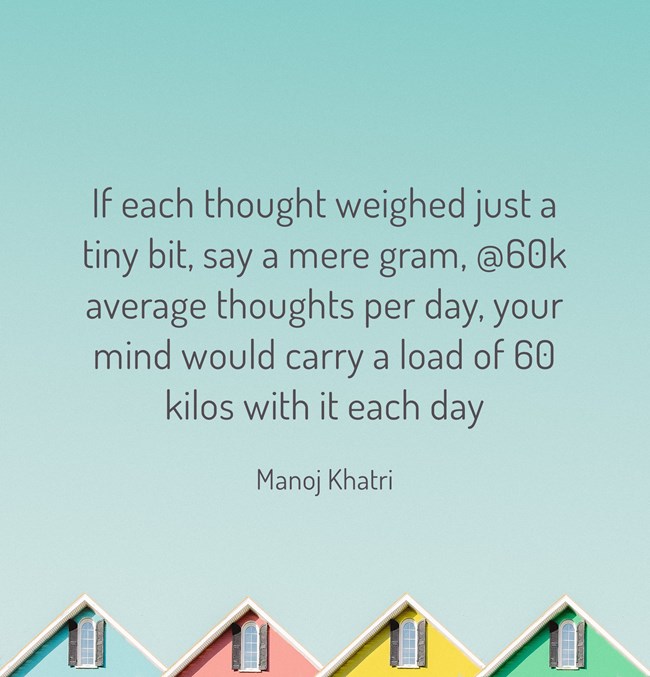The term enlightenment is associated with a kind of spiritual illumination that is supposedly bestowed upon us by divine grace. Being so, it is beyond our control and there is little we can do to achieve it; it happens of its own accord. But what if I told you that there’s another way to be “enlightened”—a way that is within your control?
The word enlightenment derives from the word ‘light’. But ‘light’ also refers to the physical weight of an object. In this context, light is the antonym of heavy. And the word ‘heavy’ has great spiritual significance that goes beyond physical weight.
What Is Meant By a Heavy Heart
We often use the word ‘heavy’ figuratively to denote heaviness of the heart or the head. It’s difficult to find someone who hasn’t said, “My heart is heavy” at some time or another. Of course, we all know that our hearts and heads don’t become heavy in a literal sense—it’s only a figure of speech, right? Wrong!
In my opinion, a heavy heart or head is more than just a metaphor for mental or emotional distress. The feeling of heaviness always occurs owing to an excess of thoughts occupying our minds.
On an average, it is estimated that we think 60,000 different thoughts each day. Now consider this: if each thought actually weighed just a tiny bit, say a mere gram, our minds would be carrying a load of 60 kilos each day. Phew! That’s a lot of weight to carry around [and a lot of clutter to clear]. No wonder then that our heads and hearts feel heavy and over-burdened all the time—and that, in turn, results in all kinds of health problems ranging from migraines to high BP to heart attacks.
Also read » Enlightenment: chopping wood, carrying water
Try Meditation Whenever Your Heart Feels Heavy
Fortunately, meditation offers a way to ease the excess load on our poor, over-worked hearts and heads. It helps us empty our minds of the rubbish we accumulate day after day. The best way to meditate, according to the ancient sages, is to become a witness of our thoughts. You see, we can’t stop them from coming, but we can certainly avoid becoming a reservoir of thoughts. So, when thoughts enter the mind, don’t hold on to them, observe them. Become a passage and allow them to pass. Zen monk and teacher Shunryu Suzuki explains it this way: “Leave your front door and your back door open. Allow your thoughts to come and go. Just don’t serve them tea.”
Gradually, you will find yourself living more and more in the present. That’s because thoughts are always about the past or the future. When you live in the present, you remain lightweight in the head and the heart. And, isn’t that what ‘enlightened’ people do—live in the present? The only difference between them and the rest of us is the flab of unnecessary thoughts. If only we shed those ‘kilos’, we too could become enlightened.

 Spot an error in this article? A typo maybe? Or an incorrect source? Let us know!
Spot an error in this article? A typo maybe? Or an incorrect source? Let us know!
